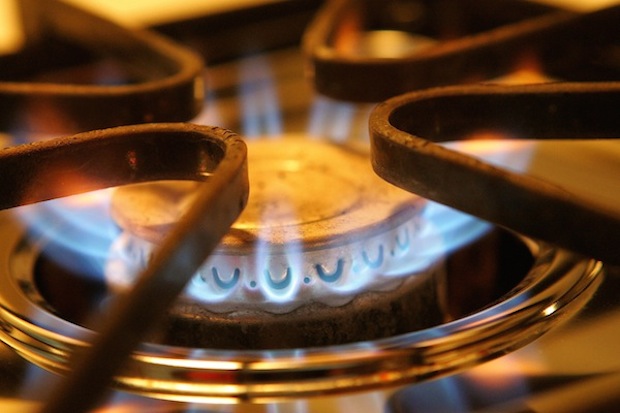‘I don’t know why energy companies invest in Britain,’ said a former energy minister to me a couple of weeks ago. He was referring to the lack of progress on shale exploration (more of which later), but he might easily have been talking about the politicisation of energy prices.
In case you haven’t heard, Ofgem, the energy regulator, has written to the Big Six energy firms to ask them to explain why the fall in wholesale prices over the past 12 months has not been passed on to the consumer. Another political row has broken out, with politicians on all sides claiming that the energy market is dysfunctional. They have cause to do so. Dermot Nolan, CEO of Ofgem, has added to that chorus by writing in his letter: ‘In a competitive market, I would expect the threat of losing market share to encourage suppliers to pass on sustained reductions in wholesale costs as savings to consumers as soon as possible.’
The regulator should not have had to write this letter; the companies ought to have been making the argument themselves for some time. It is a relatively simple argument to make. Wholesale prices make up 46% of consumers’ bills. Most energy providers buy wholesale gas and electricity months, often years, in advance in the ‘forward market’ to protect themselves (and ultimately the consumer) from price volatility. Volatility is an uncomfortable fact of life in the global energy market, a consequence of variable demand and other factors. Buying in advance means that the consumer doesn’t feel the effects of price fluctuations immediately, and gives companies time to develop pricing strategies in order to maximise value for consumers. Many energy companies have stabilised bills this year as a result of passing on to the consumer the cuts to green levies that were announced in last year’s autumn statement. Recent falls in wholesale prices are not increasing current profits, as recent trading updates prove. Substantial profits are being reinvested to meet the challenges of climate change, increased demand, and rising transport and distribution costs.
Simple enough; yet for some reason the Big Six have to be prompted into action, which adds to the burgeoning impression that they are not overly concerned with their customers. At which point I’d like relate a personal anecdote. I recently received an urgent demand for £440 (with a mix of sticks and carrots to cajole me into paying the sum ASAP) from a Big Six company that does not provide my energy. Furthermore, I had contacted the company in question at the end of last year to establish whether they did or did not provide my energy; they said that they did not, and told me to contact a rival supplier (not one of the Big Six, as it happens). I asked both companies to update their systems; but, clearly, they did not do so. Fortunately, I had kept all of the earlier correspondence and the matter is being resolved, albeit at a preposterously slow rate. I have spent more than 20 hours over 7 months sorting this out – and I have the phone bills, emails and photographs of meter serial numbers to prove it. If this is what a truly competitive, functioning market is like, then Adam Smith was a threat to civilisation.
But, to give the energy companies their due, they are caught in a political trap that is, ultimately, harming the consumer. Labour never misses a chance to remind voters that it will introduce an energy price freeze. The Shadow Energy Secretary, the effective if opportunistic Caroline Flint, was at it again overnight, saying that the energy companies are ‘up to their old tricks’. The companies need to counter her arguments with the facts stated above. They might also point out that the uncertainty among investors which has been caused by the proposed price-freeze makes it less likely that they will pass on the current savings in wholesale prices to the consumer, because they need to prepare for an era of price controls at a time when they are making substantial commitments to meet environmental and social challenges.
The government (and indeed the pro-enterprise rump of the Labour Party) ought to be making that counter-argument to Miliband much more loudly than it is. There is an ideological battle to fight here, and the consumer (voters) will be the winner. Competition and the market work in theory; they must be made to work in practice. That requires the government to smack Ed Miliband even harder than they smack the hated Big Six.






Comments